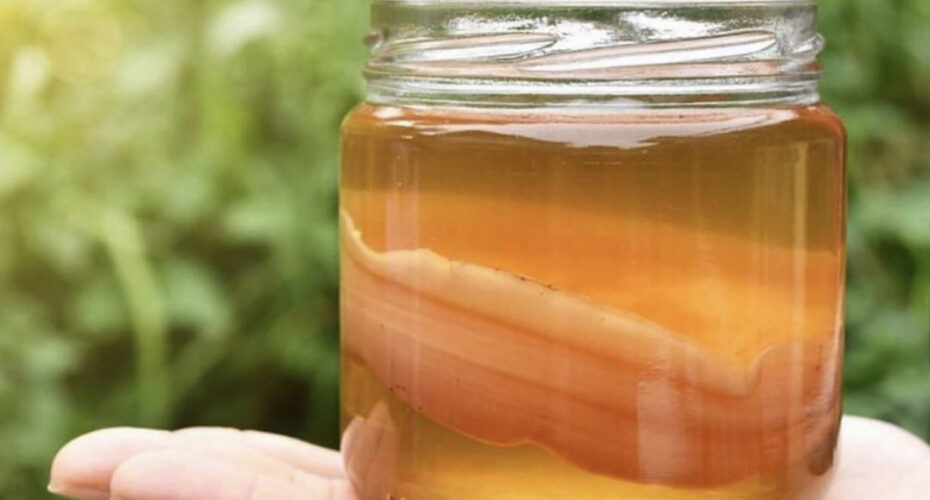Welcome to the World of Fermentation!

Welcome to the world of fermentation!
If you’re here, you likely know our story and about our leap into the world of fermentation. We’re curious about your story and what led you here. Maybe you were fortunate enough to have learned this ancient tradition from your Grandmother or Grandfather. Maybe illness has required you to re-evaluate certain lifestyle habits. Maybe you are trying to kick your soda habit. Whatever brought you here, we believe there is something of value for all in fermented foods.
Fermentation is a never-ending quest of discovery. It’s a wild art, and as we continue to learn, a peculiar science. It seems to have existed since the dawn of time. Its history and traditions span across cultures and over thousands of years . Before we knew about the beneficial effects of fermented foods on health, people primarily used fermentation to preserve foods, enhance shelf life, and improve flavor.
While the health benefits of fermented foods is still an emerging science, we know that probiotics, one of the principal benefits of fermentation, are crucial to good digestion. Probiotics are living microorganisms, defined by the Cleveland Clinic as “a combination of beneficial bacteria and/or yeasts.” In order to understand probiotics, an understanding of the gut is helpful. The study of anatomy and what scientists have termed the ‘gut microbiome’ is certainly a complex subject matter with so much yet to be discovered and understood, but even Hippocrates, the Greek physician who lived 2400 years ago and is considered the father of modern medicine, warned “death sits in our bowels,” and links many illnesses to problems with digestion.
According to Functional Medicine Doctor Mark Hyman, “the health of the 100 trillion bugs in your gut (which outnumber you 10 to 1) is one of the biggest things that impacts your health.” He further explains that, “basically, the microbial ecosystem in the gut has to be healthy for you to be healthy. When your gut bacteria are out of balance, it makes you sick. Among all that gut bacteria, there are good guys, bad guys, and VERY bad guys. When you have too many bad guys, and not enough good guys, this is a problem. That’s where probiotics come in.”
Fermented foods, also known as living foods, are the most natural source to get more good bacteria into your gut. Dr. Mark Hyman notes, “even if you don’t have gut symptoms, so many other diseases are affected by the health of your gut flora – including obesity, diabetes, heart disease, cancer, autoimmune disease, allergic diseases like asthma and eczema and even depression, ADD, and autism!” While living foods are not meant to be an isolated healing remedy, they may be one part of the puzzle that brings balance to your inner ecosystem.
So, how many probiotic foods do you need? Harvard Medical School states, “there is no recommended daily intake for probiotics, so there is no way to know exactly which fermented foods or what quantity is best. Therefore, the general guideline is to just add as many fermented foods to your daily diet as possible.”
For those just beginning their fermentation journeys, or those new to living foods, observing how food makes you feel is a powerful learning tool when it comes to trusting your gut.
We’ve been captivated by this ancient process since 2017, diving in first with kombucha and most recently with water kefir. We are always learning, ever refining, and passionately curious cultivators of living foods. As Hippocrates said, let thy food be thy medicine.
“Do Probiotics Really Work?” Dr. Hyman, 8 Sept. 2016, https://drhyman.com/blog/2016/09/08/do-probiotics-really-work/.
“How to Get More Probiotics” Harvard Health, 24 August 2020, https://www.health.harvard.edu/staying-healthy/how-to-get-more-probiotics.
“Probiotics” Cleveland Clinic, 9 March 2020, https://my.clevelandclinic.org/health/articles/14598-probiotics.
